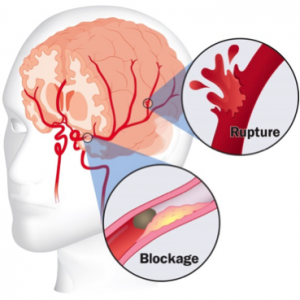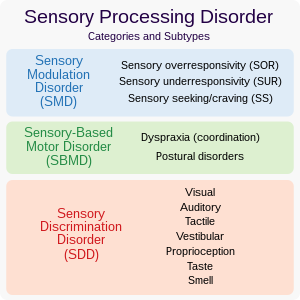treatment for neurological disorder can be a powerful and life-changing experience. People with neurological disorders often suffer from extreme fatigue, difficulty concentrating, depression and anxiety. But with the right treatment, they can start getting relief from these symptoms and reclaiming their quality of life.
Diagnosing A Neurological Disorder
The first step in finding the right treatment for neurological disorder is correctly diagnosing the condition. Many neurological disorders can have similar symptoms, so it’s important to get a diagnosis from a qualified medical professional. Your doctor may order a variety of tests, such as an MRI or CT scan, to help determine what’s causing your symptoms.
Treatments For A Neurological Disorder
Once a diagnosis has been made, your doctor will work with you to develop a personalized treatment plan. This plan may include one or more of the following treatments: medication, physical therapy, occupational therapy, speech-language therapy, or lifestyle changes. Depending on the condition, a combination of these treatments can provide meaningful relief of symptoms and improved quality of life.
Medication For Neurological Disorders
Medication is often used to treat neurological disorders. Antidepressants and anti-anxiety medications can help improve mood and reduce stress. Antiepileptic medications can help control seizures, while certain drugs can be used to treat muscle spasms, headaches, and other symptoms. Your doctor can explain the potential risks and benefits associated with each type of medication.
Physical And Occupational Therapies
Physical and occupational therapies can help people with neurological disorders restore mobility and function. Physical therapy involves exercises that target specific muscle groups and help improve strength, coordination, balance, and range of motion. Occupational therapy focuses on helping patients adapt to daily living by providing tools and strategies that enable them to perform everyday tasks.
Lifestyle Changes
Making simple lifestyle changes can also help someone with a neurological disorder manage their symptoms. Things like eating a healthy diet, avoiding allergens and environmental triggers, getting adequate rest, managing stress, and exercising regularly can all help reduce the severity of symptoms and improve overall health.

Finding Support
Living with a neurological disorder can be challenging, but it doesn’t have to be done alone. Support groups and counseling services are available to help those living with neurological disorders better manage their condition and learn effective coping strategies. These services can provide invaluable emotional support and guidance during difficult times.
Treatment for neurological disorder can make a huge difference in a person’s quality of life. With the right treatments, support systems, and lifestyle changes, people living with neurological disorders can find relief and reclaim their lives.
Neurological disorders refer to conditions that affect the brain and nervous system, leading to impairments in physical and mental functions. They can affect behavior, movement, sensation, and other central nervous system functions. Treatment for neurological disorder should involve a multifaceted approach and include both medical and therapeutic interventions. Medication may be prescribed to reduce symptoms, while physical, occupational, and speech therapy can be used to enhance or restore lost function. Additionally, mind-body activities such as yoga, biofeedback, and meditation can be beneficial. Counseling, lifestyle modifications, and working with a supportive social network can also be important components of treatment. Depending on the condition, surgery may also be recommended.

